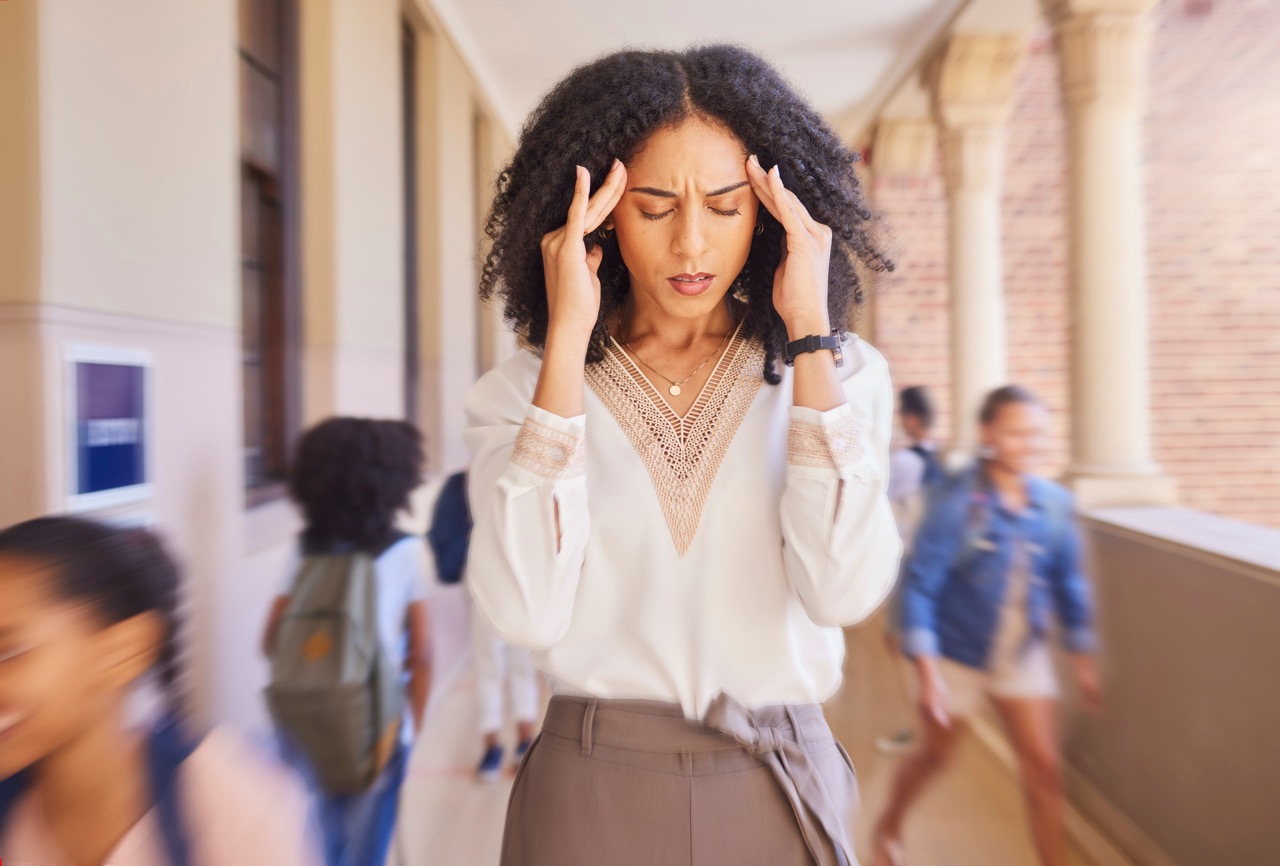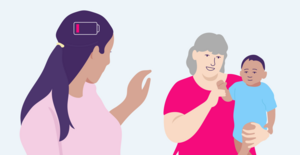The National Institute of Mental Health (NIMH) describes anxiety as a normal emotion that everyone goes through at various times in their lives. Nevertheless, when anxiety feels too much to handle, it can affect personal and work life, making it harder to connect with others, stay productive, and enjoy overall well-being. The good news is that therapy provides supportive methods that help individuals take charge of their anxiety, equipping them with effective tools and strategies to manage their feelings. In this article, we'll look closer at the different anxiety therapy options available nearby, showcasing the advantages of reaching out for professional support and how it can pave the way to a healthier, more balanced life.
What is therapy for anxiety?
Anxiety therapy includes a variety of supportive approaches crafted to help individuals manage and control their anxiety, ultimately enhancing their overall well-being. The American Psychiatric Association explains that among the popular choices are Cognitive Behavioral Therapy (CBT), which helps people recognize and shift negative thought patterns; behavior therapy, focusing on changing specific behaviors linked to anxiety; and exposure therapy, which gently introduces individuals to anxiety-triggering situations in a safe space, fostering resilience. These therapies aim to empower individuals, helping them identify their triggers, understand their emotions, and develop practical strategies to navigate anxiety as a natural part of life. Clinical therapy not only eases symptoms but also promotes a richer understanding of one's emotional journey, allowing individuals to face their anxiety with newfound confidence and ease.












